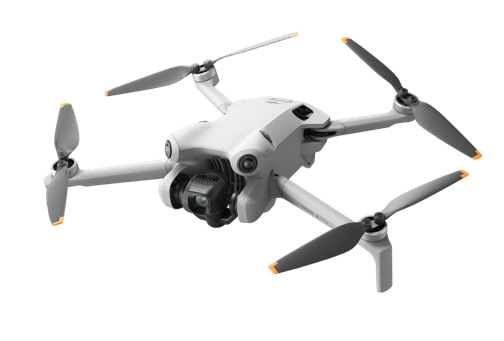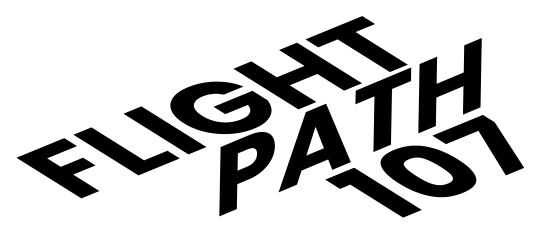Alcohol Regulations
Part 107 prohibits a person from serving as a remote PIC, person manipulating the controls, VO, or other crewmember if they:
Alcohol has a significant negative impact on the human body and is closely linked to performance deterioration in pilots.
Making hundreds of critical decisions during a flight is essential for safety. Even small amounts of alcohol impair judgment, responsibility, coordination, vision, memory, reasoning, and attention span.
Just one ounce of alcohol can slow reflexes, reduce eye movement efficiency, and increase errors.
Pilots with a blood alcohol level of .04 percent or higher after 8 hours cannot fly until it falls below that limit.
No Flight If Pilots
Refusal to Submit to Blood Alcohol Test
If a remote PIC (Pilot in Command) refuses to take a blood alcohol test when law enforcement asks, they could lose their remote pilot certificate.
Refusing a blood alcohol test when a law enforcement officer asks is a serious violation in aviation, and can get your pilot’s license suspended or revoked, and you might face legal action.
Factors that Affect Pilot Physiology
Factors that can affect pilot performance include hyperventilation, stress, fatigue, dehydration, heatstroke, and the effects of alcohol and drugs.
Hyperventilation
Excessive rapid and deep breathing can lead to symptoms like visual impairment and unconsciousness. Hyperventilation is caused by too much oxygen in the body.
Hyperventilation can potentially lead to unconsciousness as the body’s respiratory system strives to regain control of breathing, especially in unexpected stressful situations.
Typical symptoms include:
- visual impairment
- unconsciousness
- dizziness
- tingling sensations
- temperature sensations
- muscle spasms.
Treatment: Slowing the breathing rate, breathing into a paper bag, or speaking aloud can also aid in overcoming hyperventilation, with recovery typically being swift once normal breathing is resumed.
Stress
Stress is the body’s response to high demands, and chronic stress can lead to a sharp decline in performance, overly stimulated nervous system, and difficulty making decisions.
Stressors, such as physical stress (noise), physiological stress (fatigue), and psychological stress (work or personal issues), can trigger stress. Acute stress results from immediate threats, initiating the “fight or flight” response, and is typically manageable in the moment.. Chronic stress represents an overwhelming level of stress exceeding an individual’s coping capacity.
Pilots experiencing chronic stress are not safe to operate aircraft and should refrain from doing so.
Fatigue
Fatigue is linked to pilot errors and leads to reduced attention, coordination, and communication. Physical fatigue results from sleep loss, exercise, or physical work, while mental fatigue arises from factors like stress and prolonged cognitive work.
Remote pilots suffering from acute fatigue should not operate small UAs.
Dehydration
Caused by water loss, can result in symptoms like headache, fatigue, and dizziness. Causes include hot temperatures, wind, humidity, and diuretic drinks like coffee, tea, alcohol, and caffeinated soft drinks.
Heatstroke
Heatstroke is a condition where the body loses its ability to control its temperature, and it can sometimes be identified by symptoms of dehydration or, in extreme cases, by a person collapsing.
Medications
Medications, including over-the-counter drugs, can have adverse side effects, and pilots should assess their condition before each flight.
Pilots are prohibited from acting as Pilot in Command (PIC) if they are aware of any medical condition or are taking medication that makes them unable to meet the requirements for the necessary medical certificate.




